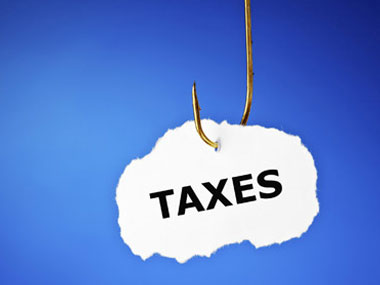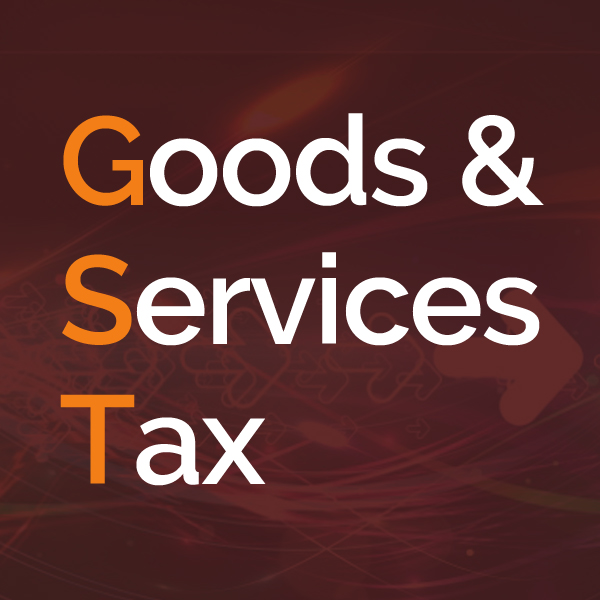5 tips for first-time homebuyers if You’ve decided to go for it. Buying a home can be thrilling and nerve-wracking at the same time, especially for a first-time homebuyer. It’s difficult to know exactly what to expect. The learning curve can be steep, but most of the issues can be resolved by doing a little financial homework at the outset.
Take these five steps to help make the process go more smoothly.
Check your credit
The homebuyer’s credit score is among the most important factors when it comes to qualifying for a home loan these days. In addition, the standards are higher in terms of what score you need and how it affects the cost of the loan.
To get a sense of where your credit stands, go to Cibil.com to get your credit report by paying the required fee. Scour the reports for mistakes, unpaid accounts or collection accounts.
Just because you pay everything on time every month doesn’t mean your credit is stellar, however. The amount of credit you’re using relative to your available credit limit, or your credit utilization ratio, can sink a credit score.
The lower the utilization rate, the higher your score will be. Ideally, first-time homebuyers would have a lot of credit available, with less than a third of it used.
Repairing damaged credit takes time and money, if you owe more than lenders would prefer to see relative to your income. Begin the process at least six months before planning to Buy a Home.
Evaluate assets and liabilities
So you don’t owe too much money and your payments are up to date. But how do you spend your money? Do you have piles of money left over every month, or are you on a shoestring budget?
A first-time homebuyer should have a good idea of what is owed and what is coming in.You should understand a little bit about monthly cash flow.
If you were a first-time homebuyer and wanted to do everything right, you would probably try to track your spending for a couple of months to see where your money was going.
Additionally, buyers should have an idea of how lenders will view their income, and that requires becoming familiar with the basics of mortgage lending.
For instance, some professionals, such as the self-employed or straight-commission salesperson, may have a more difficult time getting a loan these days than others.
A stated income loan was available to wage earners in previous years, but today’s standards are much more stringent. Self-employed or independent contractor will need a solid two years’ earnings history to show.


